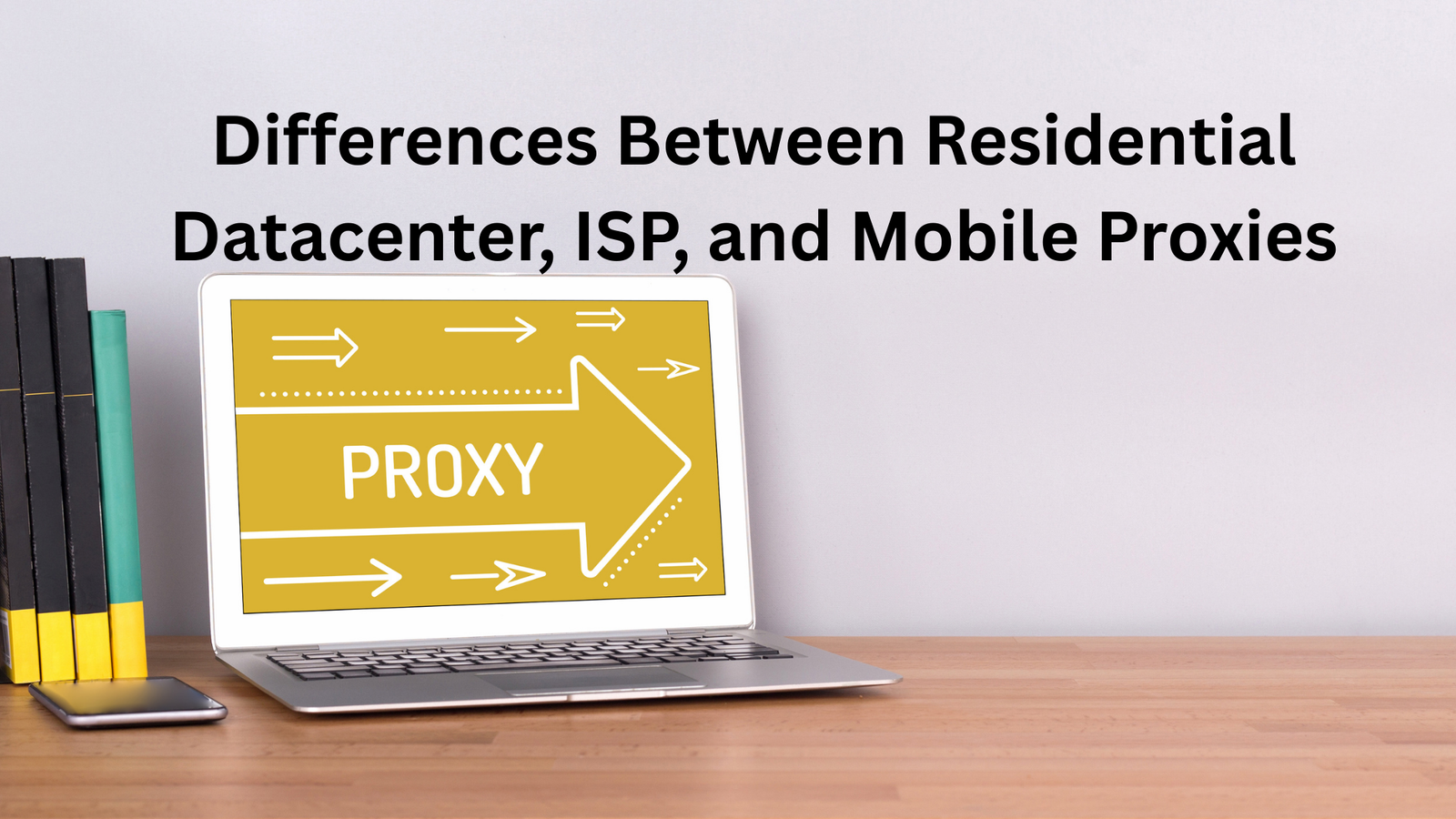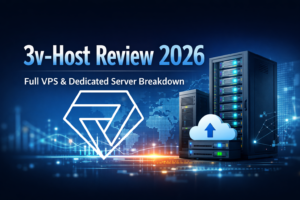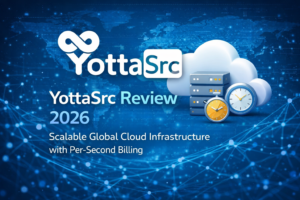Understanding Proxy Types for Web Scraping
Choosing the right proxy type for web scraping is crucial for success. Different proxies offer varying levels of anonymity, speed, and cost, impacting your ability to avoid detection and efficiently gather data. Let’s break down four key types:
1. Residential Proxies
Residential proxies use IP addresses assigned by Internet Service Providers (ISPs) to individual homes. This makes them highly anonymous and less likely to be flagged as bots by websites. However, they’re typically slower and more expensive than other options due to reliance on home internet speeds.
- Pros: High anonymity, low detection risk, diverse IP addresses.
- Cons: Slower speeds, higher cost, potential for instability.
2. Datacenter Proxies
Datacenter proxies originate from servers within data centers. They’re known for their speed and affordability, but websites are increasingly adept at identifying and blocking them. This makes them risky for sophisticated web scraping projects.
- Pros: Fast speeds, low cost, high availability.
- Cons: High detection risk, limited geographic diversity.
3. ISP Proxies
ISP proxies are a hybrid, leveraging IP addresses from ISPs but hosted in data centers. They aim to combine the legitimacy of residential IPs with the speed and reliability of datacenter infrastructure. This makes them a strong contender for web scraping, offering a balance between anonymity and performance.
- Pros: Good balance of speed, anonymity, and reliability.
- Cons: Can be more expensive than datacenter proxies.
4. Mobile Proxies
Mobile proxies use IP addresses from mobile networks. They offer high anonymity due to the constantly changing IPs and are particularly effective against websites with robust anti-scraping measures. But they are typically less abundant and more expensive than other types.
- Pros: High anonymity, low detection rates, access to mobile-only content.
- Cons: Higher cost, limited availability, potential for slower speeds.
Which Proxy is Best for Web Scraping?
The optimal choice depends on your specific needs. For large-scale scraping of less sensitive websites, datacenter proxies might suffice. However, for more challenging targets or when anonymity is paramount (e.g., scraping social media), residential or mobile proxies are often the safer and more effective options. ISP proxies offer a good middle ground.
Consider factors like budget, target website complexity, and the scale of your project when making your decision. Testing different proxy types is recommended to determine what works best for your specific use case.




